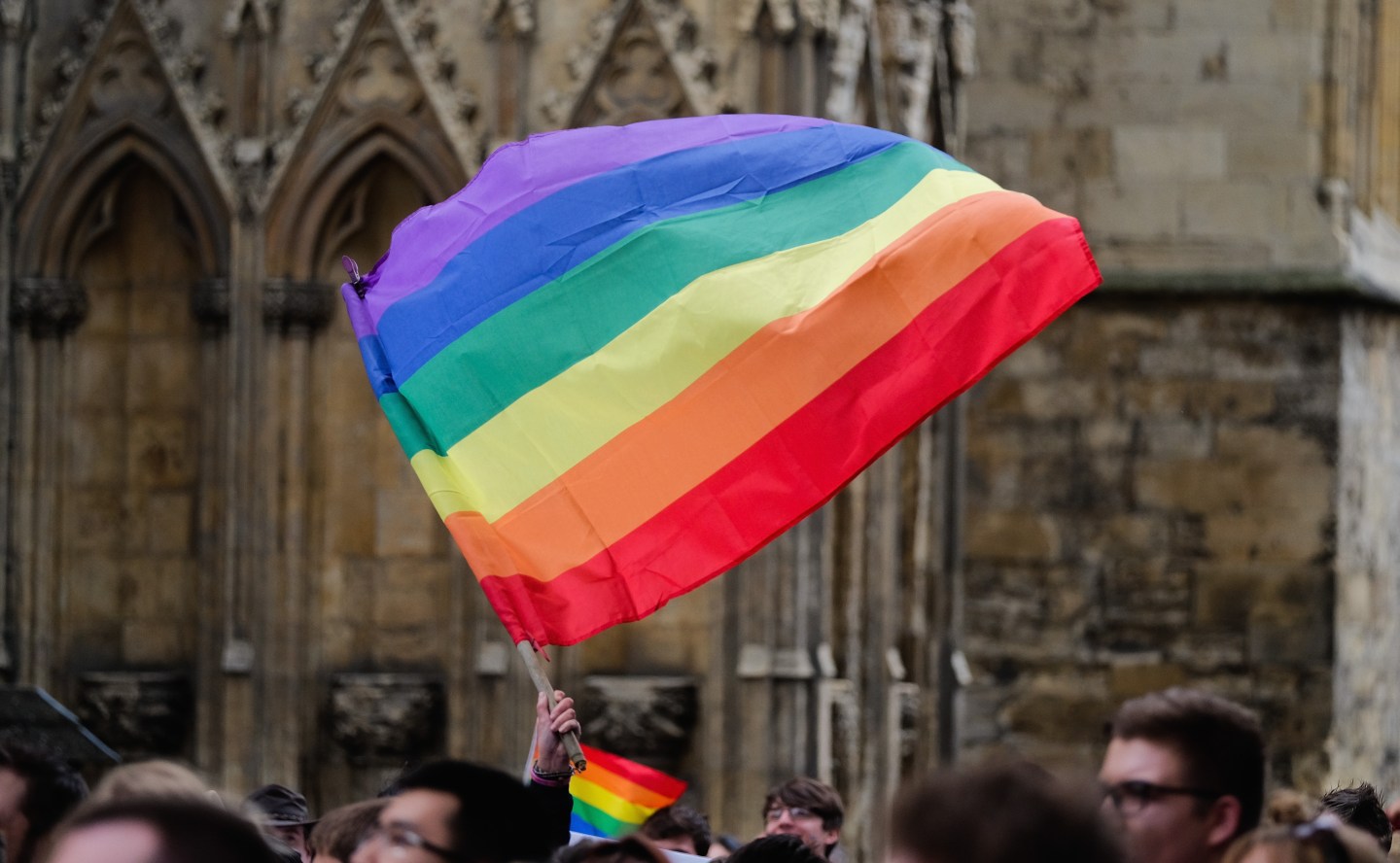June is pride month, a chance to celebrate victories for many lesbian, gay, bisexual, transgender and queer (LGBTQ) people who have seen their civil rights expand in the last decade. From representation in the media to the legalization of same-sex marriage in 2015, the LGBTQ population have gained many of the basic rights that most Americans take for granted. However, even as many Fortune 500 companies include and embrace their LGBTQ employees, employment discrimination is still rampant in many states.
There is currently no nation-wide law to protect gender and sexual minorities from employment discrimination in the private sector or under state employment. In a majority of states, being fired due to sexual orientation or gender orientation is a reality. In Arkansas, the state government went as far as passing a law to prevent local governments from passing separate laws to prohibit employment discrimination based on sexual orientation and gender orientation according to US News & World Report.
Some argue that providing protections for LGBTQ individuals in the workplace violates religious freedom while others prohibit discrimination against LGBTQ workers if they work for the state but have no law extending to private sector employers. Twenty-eight states have laws prohibiting employment discrimination based on sexual orientation for public employees according to Lambda Legal.
In the visual below, we compared the legal protection each state offers against discrimination based on sexual orientation and gender orientation. We determined that a state could pass 4 different laws, each focusing on a population—sexual minorities or gender minorities—and an area of employment—public/state employment or private employment.
In April, the 7th circuit court of appeals ruled in favor of Kimberly Hively who sued Ivy Tech Community for violating Title VII of the Civil Rights Act of 1964. Hively argued the school denied her employment after finding out about her romantic relationship with another woman according to NBC News. A case concerning employment discrimination like this has yet to reach the Supreme Court.
The laws in some states may not have changed to protect LGBT workers, but individual American attitudes have changed considerably in the last decade. Last year, 63% of Americans said homosexuality should be accepted by society according to a Pew Research Center survey. In comparison, 51% of Americans, a slim majority, agreed with that statement in 2006. These individual American attitudes may have changed corporate culture seeing that 89% of Fortune 500 companies implemented their own policies prohibiting discrimination based on sexual orientation according to Human Rights Campaign.
